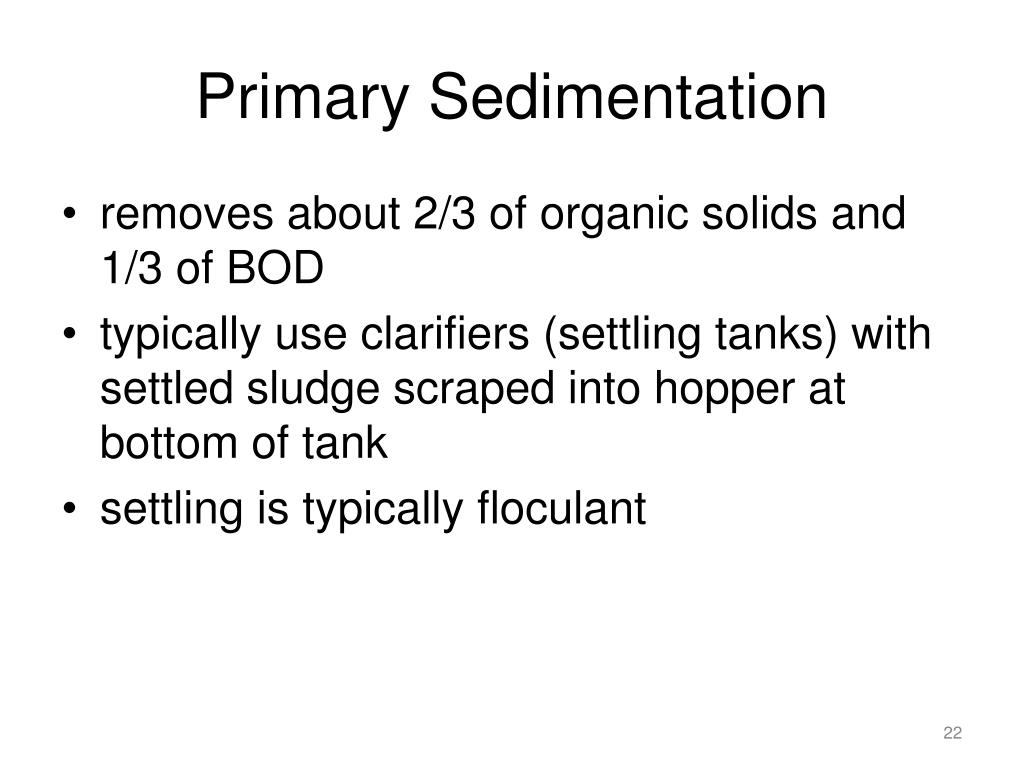
For purposes of New York and New Jersey State ethics rules, please take notice that this website and its case reviews may constitute attorney advertising.The branch of the law dealing with transfer of property. Before making any decision or accepting any legal advice, you should have a proper legal consultation with a licensed attorney with whom you have an attorney-client privilege. Conveyance is the transfer of property from one entity to another.
#Define conveyance professional#
It is not a substitute for professional legal assistance. All information available on our site is available on an "AS-IS" basis. It is possible that the law may not apply to you and may have changed from the time a post was made. To exercise this right, the creditor must have. The law is also subject to change from time to time and legal statutes and regulations vary between states. Fraudulent conveyance or also known as action revocatoire or Pauline action () is a right to preserve the debtors property for all creditors by canceling an action by the debtor which reduces the debtors property with a knowledge that the action harms the rights of the creditor. The instrument or means of carrying or transporting anything from place to place the vehicle in which, or means by. The people providing legal help and who respond are volunteers who may not be lawyers, legal professionals or have any legal training or experience. The act of conveying, carrying, or transporting carriage. When you submit a question or make a comment on our site or in our law forum, you clearly imply that you are interested in receiving answers, opinions and responses from other people. Legal Disclaimer: The content appearing on our website is for general information purposes only. Webster's New World Similar definitions The document by which this is effected deed. Webster's New World Similar definitions The transfer of the ownership of real property from one person to another.

#Define conveyance trial#
In practice, the reservation of a point of law is the act of the trial court in setting it aside for future consideration, allowing the trial to proceed meanwhile as if the question had been settled one way, but subject to alteration of the judgment in case the court in banc should decide it differently. Webster's New World A means of conveying carrying device, esp. Conveyances can be made through various means, such as deeds, contracts, and wills. The instrument which conveys the property is also called a conveyance. By the term persons is here understood not only natural persons but corporations. For a conveyance to be effective, it must be in writing and signed by the person transferring the property. The transfer of the title to land by one or more persons to another or others. In some cases the law takes care of the transfer - this is so in many everyday transactions for the sale of goods where the property is transferred according to the Sale of Goods Act 1979 (as amended) if the parties have not sought to regulate matters for themselves.


In public land laws of the United States, a reservation is a tract of land, more or less considerable in extent, which is by public authority withdrawn from sale or settlement, and appropriated to specific public uses such as parks, military posts, Indian lands, etc. Conveyance is a term used in law to refer to transferring title or ownership of property from one person to another. the practice (some would say art) of transferring ownership in property.

not a part of the thing itself, nor of anything issuing out of another thing. A “reservation” should be carefully distinguished from an “exception,” the difference between the two being this: By an exception, the grantor withdraws from the effect of the grant some part of the thing itself which is in esse, and included under the terms of the grant, as one acre from a certain field, a shop or mill standing within the limits of the granted premises, and the like whereas, a reservation, though made to the grantor, lessor, or the one creating the estate, is something arising out of the thing granted not then in esse, or some new thing created or reserved, issuing or coming out of the thing granted, and. A clause in a deed or other instrument of conveyance by which the grantor creates, and reserves to himself, some right, interest, or profit in the estate granted, which had no previous existence as such, but is first called into being by the instrument reserving it such as rent, or an easement Stephens v.


 0 kommentar(er)
0 kommentar(er)
